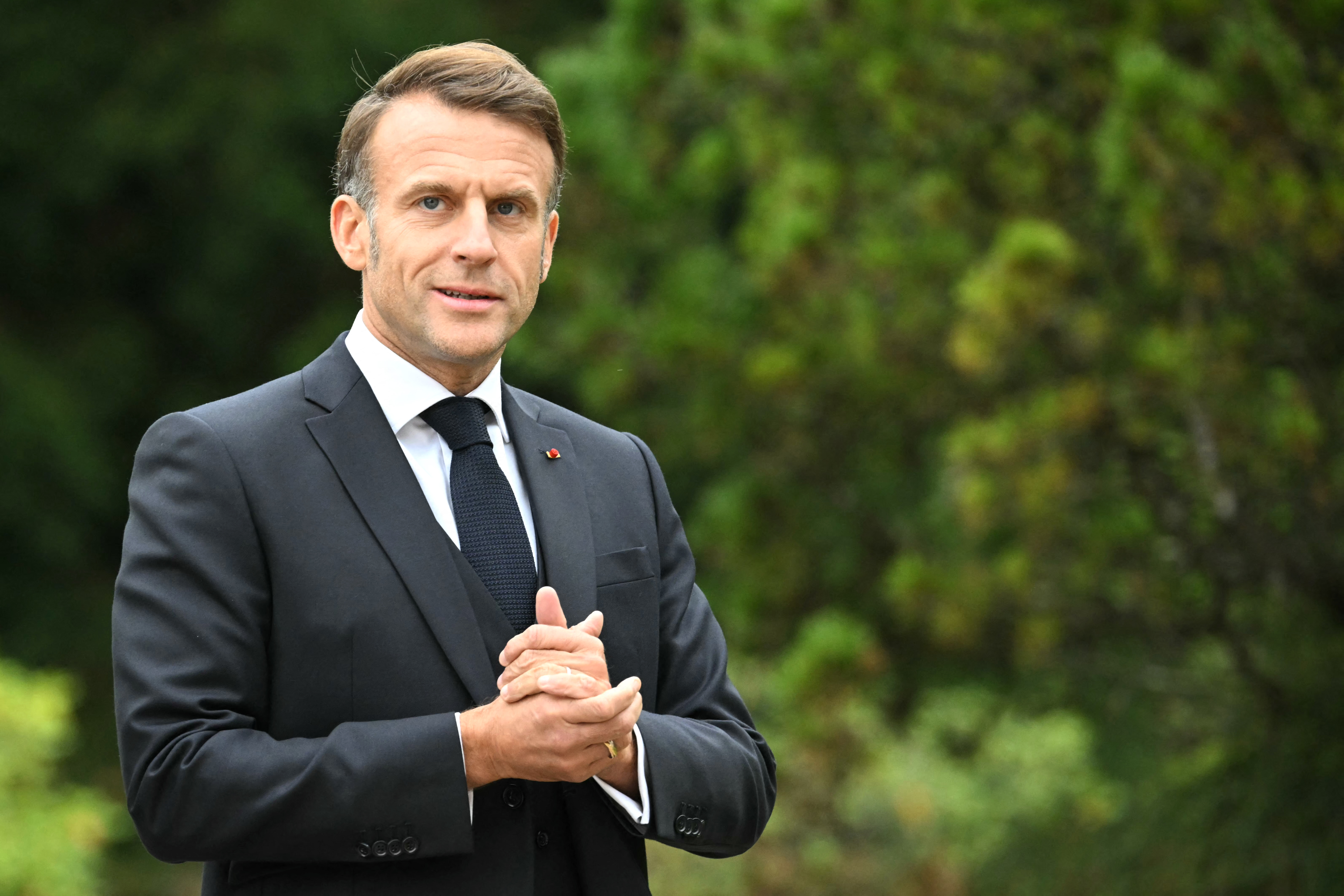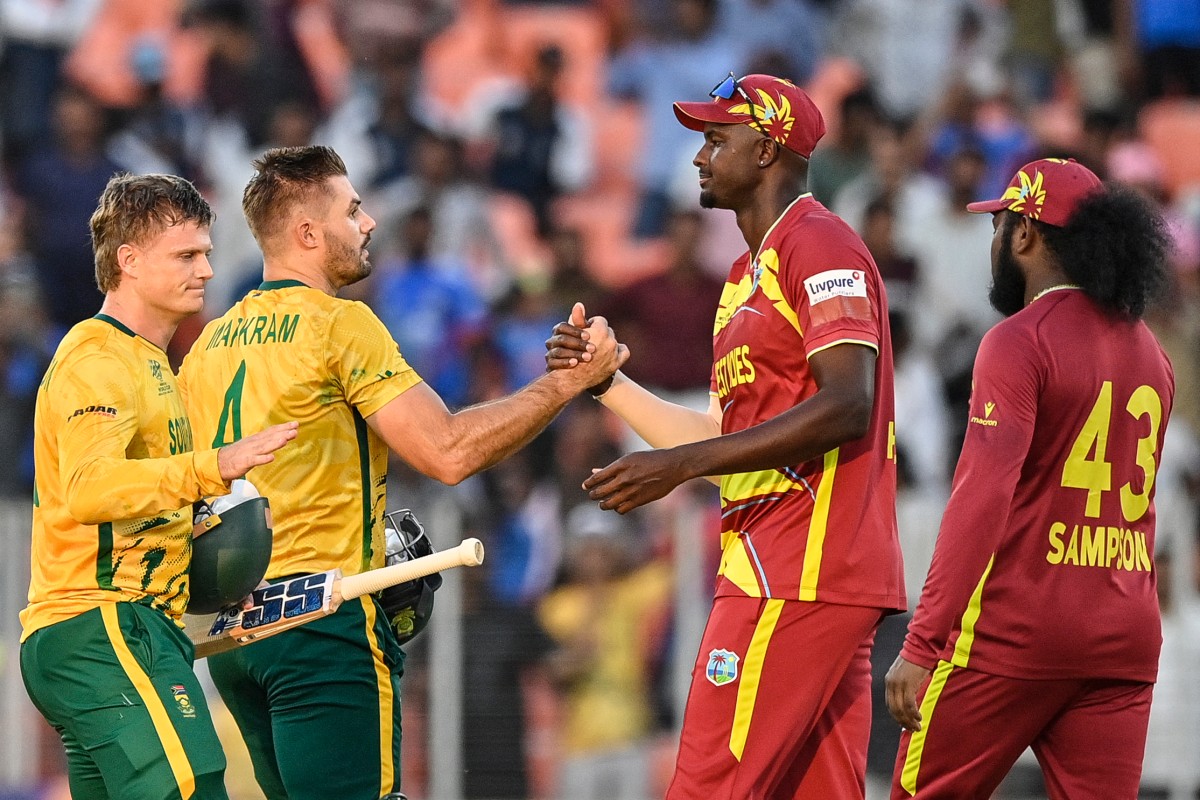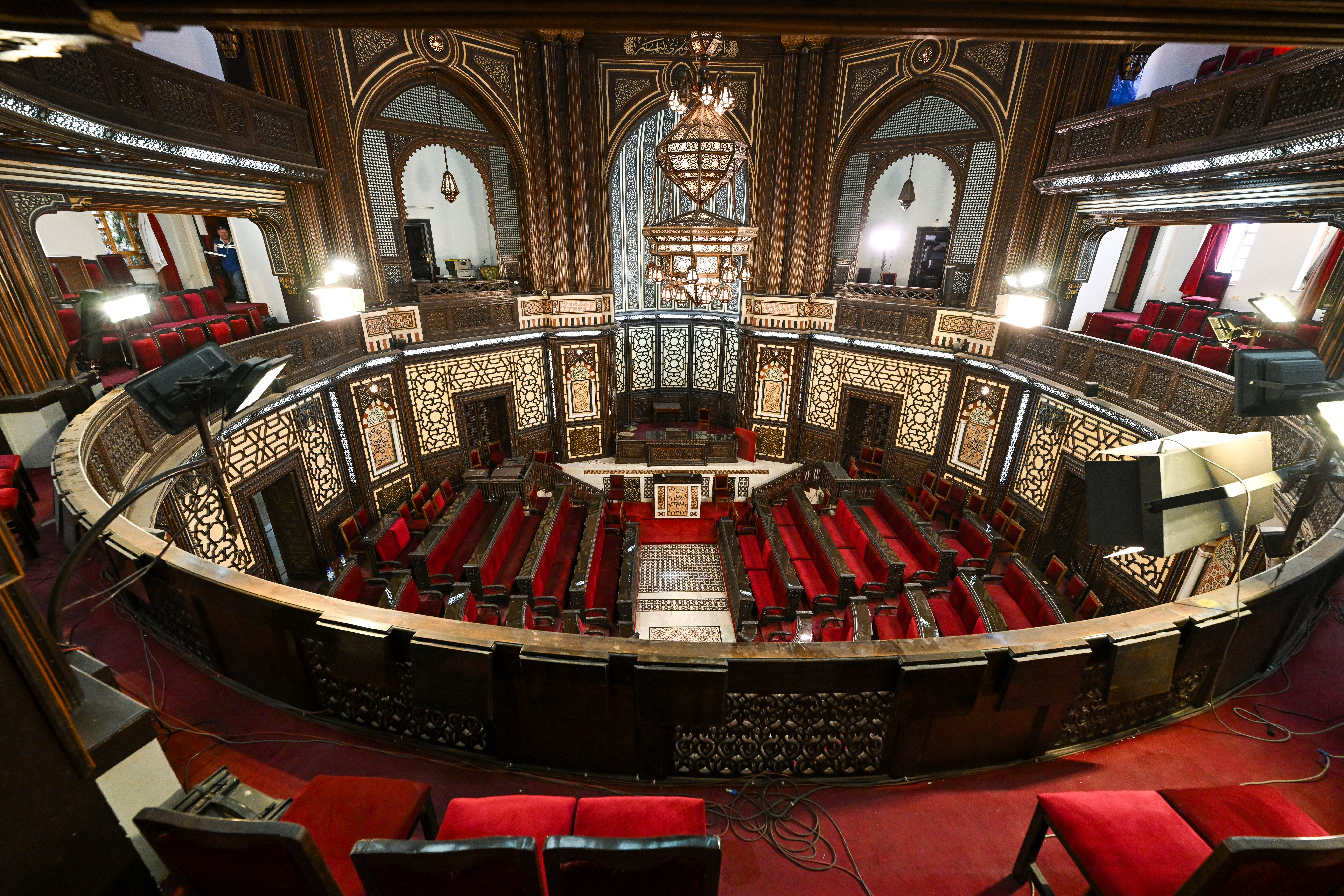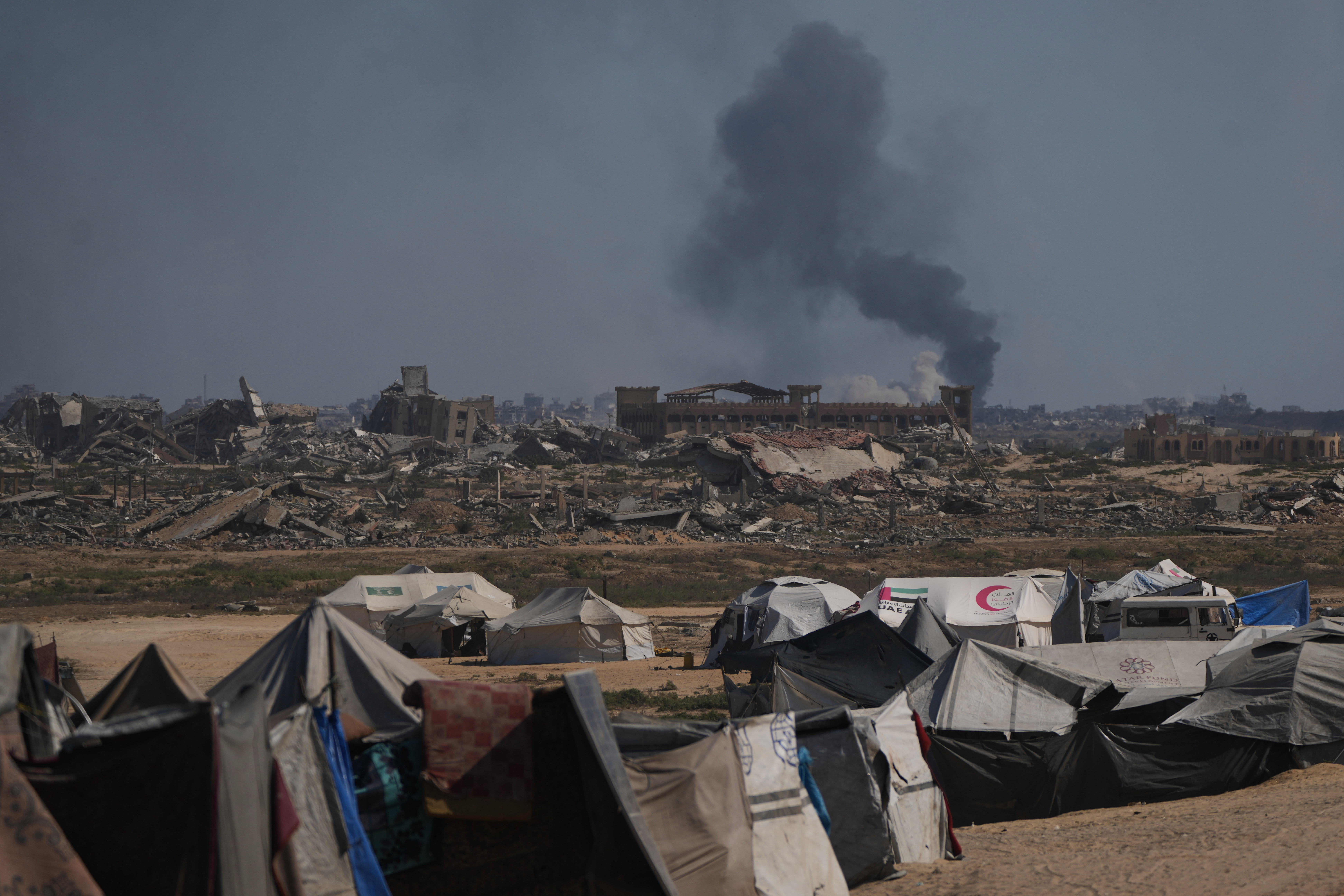PARIS: French President Emmanuel Macron named a new government on Sunday, assembling a team of largely familiar faces under Prime Minister Sébastien Lecornu as he seeks to steer the country out of a political crisis.
The new cabinet lineup was unveiled nearly a month after Lecornu was appointed Macron's seventh prime minister.
The latest premier risks being toppled by the opposition in a deeply divided parliament despite his efforts to obtain cross-party support, and opposition leaders on the right and left were livid on Sunday night.
Bruno Le Maire, who served as economy minister from 2017 to 2024, was named defense minister at a deeply sensitive time of tension with Russia over Ukraine.
Roland Lescure, a Macron loyalist, was named to take over the economy portfolio, with the difficult task of delivering an austerity budget plan for next year.
However, many of the other key ministers retained their positions.
Foreign Minister Jean-Noel Barrot retained his post, the presidency said.
Interior Minister Bruno Retailleau, who has vowed to crack down on illegal immigration, and Justice Minister Gerald Darmanin both remained in their posts.
Rachida Dati, a scandal-ridden culture minister who is set to stand trial for corruption next year, also remained in place.
The presidency unveiled a total of 18 names, with more appointments to be announced at a later stage.
'Procession of revenants'
Far-right leader Marine Le Pen described the new cabinet lineup as "pathetic."
Jordan Bardella, the 30-year-old leader of Le Pen's National Rally party, also mocked the government and reiterated the threat of censure.
"We made it clear to the prime minister: it's either a break with the past or a vote of no confidence," he said on X.
Bardella said the cabinet lineup was "decidedly all about continuity and absolutely nothing about breaking with the past."
Le Pen, whose party senses its best chance to come to power, has said she is waiting to hear Lecornu's general policy speech on Tuesday before deciding on any further course of action.
Boris Vallaud, head of the Socialist lawmakers, accused Macron's supporters of seeking to plunge France "further into chaos."
"They lose elections, but they govern. They don't have a majority but refuse to compromise," he said on X.
The head of the hard-left France Unbowed group, Jean-Luc Mélenchon, slammed what he described as a "procession of revenants" mostly hailing from the right, which he said "will not last."
"The countdown to get rid of them has begun," he said on X.
Some opposition leaders have urged Macron to call snap legislative elections or even resign.
Macron, who has just 18 months left in power and is enduring his worst-ever popularity levels, has insisted he will serve out his term in full.
'What a mess'
Lecornu might be toppled by the end of next week, Mujtaba Rahman, Europe director at risk analysis firm Eurasia Group, told AFP.
"His odds of surviving are dwindling," he said. "The mood is darkening."
Paul Taylor, a senior visiting fellow at the European Policy Center, said that French politics was increasingly driven by "anger and emotion rather than rationality."
"If Lecornu fails, I don't see much alternative to a dissolution," he told AFP. "What a mess France is stuck in until 2027, and maybe longer."
Lecornu's two immediate predecessors, Francois Bayrou and Michel Barnier, were ousted in a legislative standoff over France's austerity budget.
France's public debt has reached a record high, according to official data released last week.
France's debt-to-GDP ratio is now the European Union's third-highest after Greece and Italy, and is close to twice the 60% permitted under EU rules.
France has been mired in deadlock since Macron gambled on snap elections in the middle of last year in the hopes of bolstering his authority.
The move backfired, with voters electing a parliament fractured between three rival blocs.
In appointing Lecornu in early September, Macron opted for one of his closest allies rather than seeking to broaden the government's appeal across the political spectrum.
For the past month, the new prime minister has held a series of consultations with centrist allies and opposition leaders from both the right and left in an effort to reach a non-aggression pact in parliament and adopt the budget.
In recent days, he has announced several concessions, including a pledge not to ram his austerity budget through parliament without a vote, but opposition leaders said they wanted more.

.jpg)






.JPG)

.JPG)